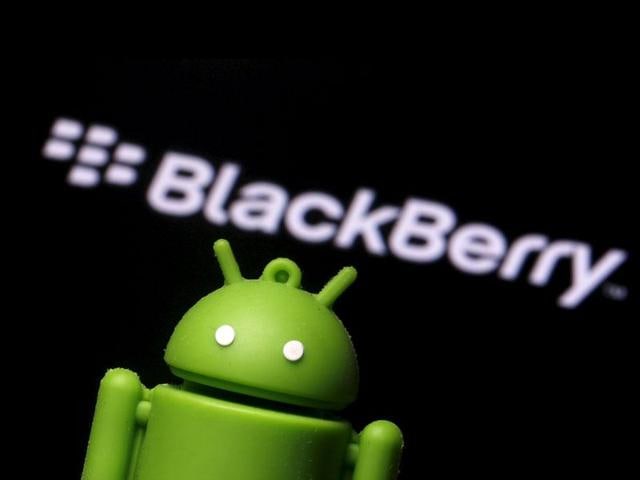No place for brand arrogance: Lessons from Yahoo, BB and Nokia
The lessons from Yahoo, BlackBerry and Nokia companies is clear: A brand cannot survive in a position of leadership unless it changes the product underneath.
Yahoo, BlackBerry, Nokia. Names that old spelt magic are today synonyms for trouble and mockery in corporate gossip.

Last week, Yahoo said it would close offices in five locations, and consider “strategic alternatives” for its core internet business (mostly e-mail, some content sites and a doddering search engine). In plain English, that means a sale. This is the same Yahoo that had spurned offers from Microsoft and the like. The web pioneer of the 1990s has fallen on bad days, and its shares are down 36% over the past year. Marissa Mayer, who joined as CEO from Google in 2012, is in trouble. The company makes money from ads, but really has no unique selling proposition left.
Let us now turn to BlackBerry, once a status symbol among corporate executives worldwide. It has been eating humble pie after the arrival of the iPhone and its competing Android versions, and above all the policy of “bring-your-own-device” (BYOD) policies in companies worldwide. Last week there was news that it laid off 200 employees in Canada and the US.
BlackBerry, humbler than Yahoo perhaps, had junked its own operating system last year to launch an Android phone, but it was probably a case of too little, too late.
The latest problem is that its Android phone, Priv is priced for the Indian market at Rs 62,990. I do not want to go into its gee-whiz features, because the price seems so disproportionately expensive to so many people. In the US, the Priv is priced at $749, the same as a 64-GB iPhone 6S.
“Sorry, but a slide-out keyboard and curved screen simply doesn’t justify the high price,” the respected Fortune.com said in a report.
Nokia sold out its mobile business after much wrangle in 2013 to Microsoft that integrated its Lumia brand with the Finnish partner’s name. Thousands of Nokia employees have been laid off since and the entire purchase amount of $7.6 billion has been written off. The next launch will be of just a Lumia. Nokia as a brand is gone in the mobile business.
Yahoo was a search leader but Google beat it, and then it lost the e-mail crown as well.
BlackBerry’s specialisation was corporate security but it lost the plot in being a consumer brand that has become an also-ran.
Nokia was burnt because its Symbian platform was beaten by Android and iOS. Its early leadership lay in it being a platform product.
The lessons from these three companies is clear: A brand cannot survive in a position of leadership unless it changes the product underneath – not in features but in category itself. This is at least true of the internet era, where businesses can be remodelled and information travels at the speed of a mouse-click or a tweet. Brand arrogance has no place, it seems.
Apple, in contrast, cruises ahead because it latches itself on to emerging new categories -- from home computer to music players to smartphones to tablets to what in the emerging future may be smart watches and even electric cars.
(The views expressed by the author are personal.)




